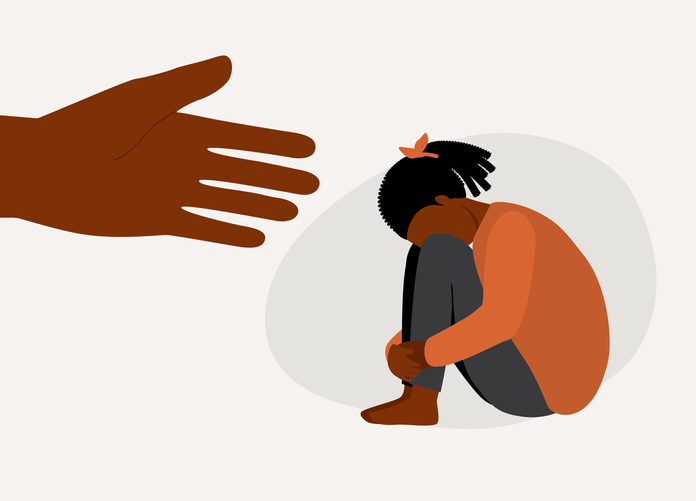Source: simplehappyart / Getty
The fight for racial equality within the Black community is one that many of us inhabitants have been going hard at for decades — centuries even! Thankfully the past 15 years have seen major cultural advancements, from the election of Barack Obama as our first U.S. President of African American descent to the development of the Black Lives Matter movement in wake of our many brothers and sisters dying as the result of police brutality.
The latest act aimed to benefit the life expectancy and quality overall of Black people is happening over in California, as the state’s legislature officially approved a new Ebony Alert bill in hopes of better allocating necessary resources to locate missing Black youth and women primarily.
RELATED: Inside Her Story: Are There Really 64,000 Missing Black Women In the United States?
Before we get into the debate that’s been stirring on social media, take a look below at the facts behind this historical bill via the official statement released by Senator Steven Bradford, who introduced it back in March:
“According to the Black and Missing Foundation, 38% of children reported missing in the U.S. are Black. The U.S. population is 14% Black. Black children are disproportionately classified as ‘runaways’ in comparison to their white counterparts who are classified as “missing” and, therefore, many Black children do not receive the Amber Alert.
Black women and girls are at increased risk of being harmed and trafficked. A recent report on human trafficking incidents across the country also found that 40% of sex trafficking victims were identified as Black women.
SB 673 would authorize a law enforcement agency to request that an Ebony Alert be activated if that agency determines that it would be an effective tool in the investigation of a missing Black youth or young Black women between the ages of 12 – 25 years. SB 673 would encourage news organizations including television, cable, online, radio and social media outlets to cooperate with disseminating the information contained in an Ebony Alert.”
While the stats are there, and being wrongfully listed as a runaway makes them, as Bradford put it, “basically vanish a second time,” some could argue that we then make missing person cases a “Black issue” as opposed to a global crisis. Similar arguments were raised during the pandemic of 2020 when minorities, particularly Black people considered ‘worse off’ socioeconomically, were prioritized for the COVID-19 vaccination. Public health official Georges Benjamin, MD, told The Nation’s Health that risk should take priority over race, stating, “We always say you should do this by risk, because when you do it by race, you are profiling people, you are stigmatizing them based on race. You are saying, ‘Black people are much more likely to get the disease because they are Black, not because they have situations in which they are much more at risk.’”
Supporters of the Ebony Alert argue its importance as vital, with NAACP California Hawaii State Conference President Rick Callender stating, “Black women and girls are at increased risk of harm and make up a disproportionate percentage of all missing people. The NAACP California Hawaii State Conference considers missing Black women and girls an epidemic and necessary for its own safety alert.” He went on to add of the bill itself, “SB 673 will create the Ebony Alert, providing law enforcement with additional tools and resources to help locate missing Black youth and adults through cooperation with the community and the CHP.”
via @Drebae_
via @W_illowtree
via @imametoo
via @avilajj881
via @bagwellclan33
via @D_M_P_559
via @maliksmoma
via @CCRichCA
via @PreacherBo
via @wgathu
RELATED TAGS
An Urban One Brand
Copyright © 2023 Interactive One, LLC. All Rights Reserved.

